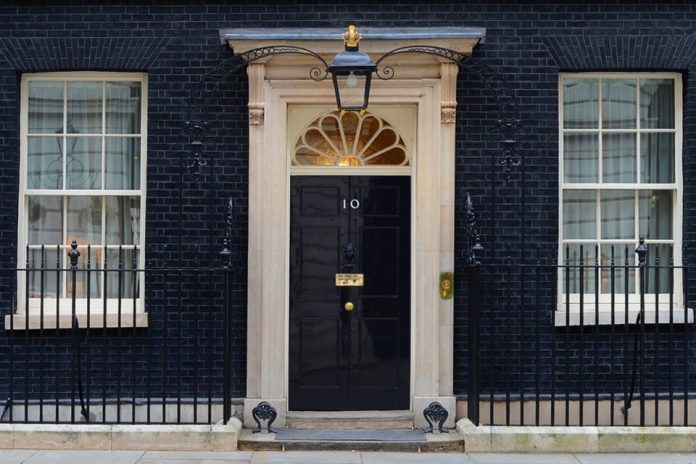- PM will use the first leaders’ meeting of the UK’s G7 Presidency to call for further international cooperation on vaccine distribution and to build back better from coronavirus
- Prime Minister will call for a new, global approach to pandemics that learns lessons from the division that characterised the initial international response to the coronavirus pandemic
- This month the PM and Foreign Secretary will chair meetings of the UN Security Council focused on coronavirus, conflict and climate change
On Friday (19th February) the Prime Minister will host fellow G7 leaders for a virtual meeting to discuss how the world’s leading democracies can work together to ensure equitable distribution of coronavirus vaccines around the world, prevent future pandemics and build back better from coronavirus.
Friday’s meeting will be the first hosted by the PM as part of the UK’s G7 Presidency this year and the first gathering of G7 leaders since April 2020.
The Prime Minister will use the meeting, which will also be US President Biden’s first major multilateral engagement, to call for leaders to work together on a joined-up global approach to pandemics that brings an end to the nationalist and divisive politics that marred the initial response to coronavirus.
He will argue that putting our citizens first should not come at the expense of working on a unified response, and that the last twelve months of the pandemic have showed that no country can be safe until every country is safe from the pandemic. The rollout of vaccines offers a fresh opportunity to demonstrate the value of international cooperation.
International pandemic preparedness will be a major priority for the UK’s G7 Presidency and the Prime Minister will work with fellow G7 leaders to implement his five-point plan to prevent future pandemics announced at the UN General Assembly last year.
The five point plan includes a worldwide network of zoonotic research hubs, developing global manufacturing capacity for treatments and vaccines, the design of a global pandemic early warning system, the agreement of global protocols for a future health emergency and the reduction of trade barriers.
There have already been positive steps to ensure equitable access to a coronavirus vaccine. Last month the US announced it would join the COVAX initiative, becoming the final G7 country to do so. COVAX will provide developing countries with 1.3 billion doses of the vaccine this year and the UK is providing £548m to the scheme.
In recent weeks the UK has worked closely with G7 partners on a huge range of global issues and shared challenges. On Friday, the Chancellor and Governor of the Bank of England held the first meeting of G7 Finance Ministers. G7 Foreign Ministers have spoken out together in the last month in condemnation of the military coup of Myanmar, the detention of Alexey Navalny in Russia and threats to human rights in Hong Kong.
The Prime Minister said:
The solutions to the challenges we face – from the colossal mission to get vaccines to every single country, to the fight to reverse the damage done to our ecosystems and lead a sustainable recovery from coronavirus – lie in the discussions we have with our friends and partners around the world.
Quantum leaps in science have given us the vaccines we need to end this pandemic for good. Now world governments have a responsibility to work together to put those vaccines to the best possible use. I hope 2021 will be remembered as the year humanity worked together like never before to defeat a common foe.
During February the UK also holds the Presidency of the United Nations Security Council, which rotates between members every month. The UK is using this Presidency to galvanise international action on coronavirus, climate change and conflict.
On the 23rd February the Prime Minister will chair a virtual meeting of the UN Security Council on the link between climate change and conflict. This is the first time a UK Prime Minister has chaired a Security Council session since 1992. The discussions at the meeting will inform crucial action ahead of the UK-hosted COP26 Summit in November. This Wednesday the Foreign Secretary will host a UN meeting on equitable access to vaccines and ensuring they get to people in conflict zones and during humanitarian crises.







